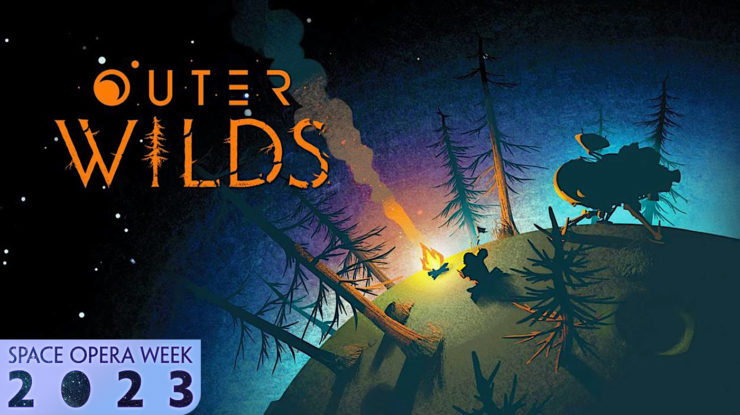The Very Small and The Very Large: Outer Wilds as Interactive Space Opera
Comment number:
1
Advertisement
Showing 4 results

“Writing is the closest thing we have to real magic.”
R.F. Kuang, Yellowface
For compliance with applicable privacy laws:



